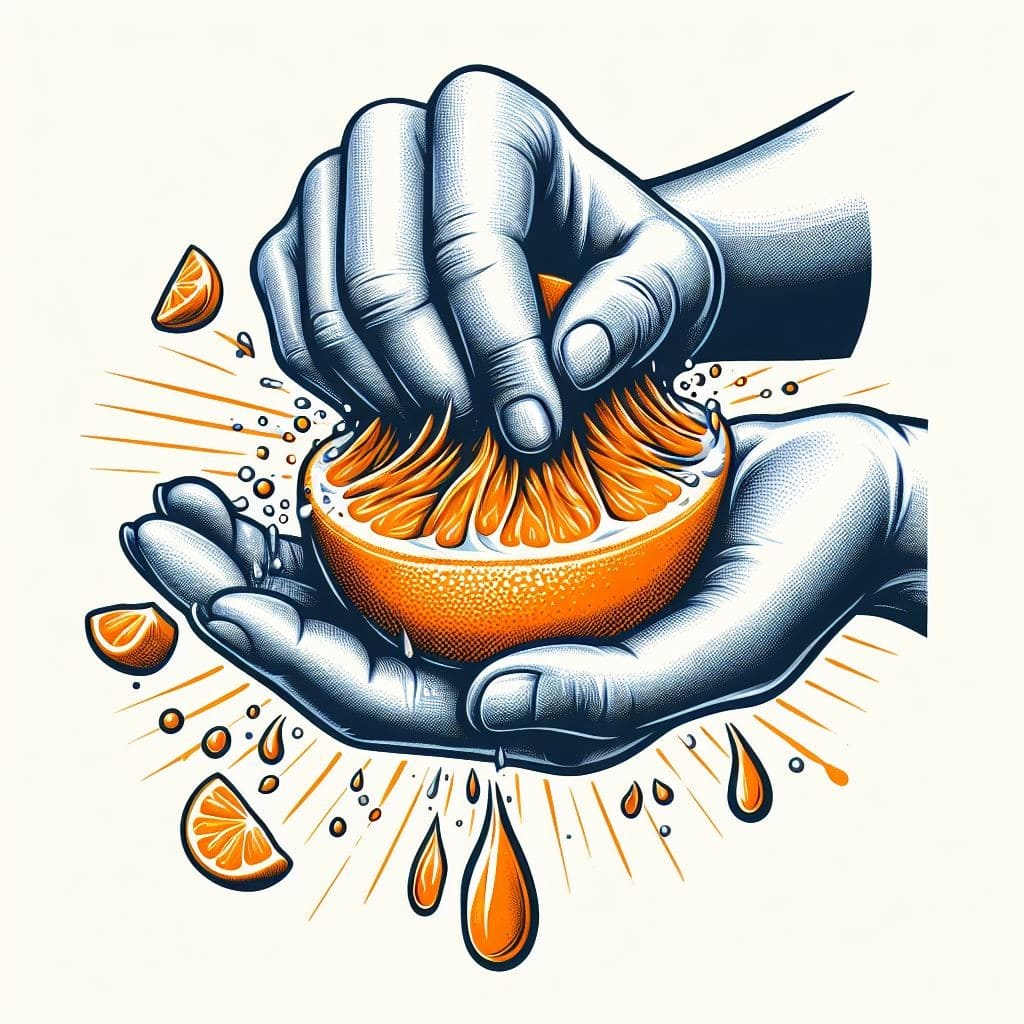Understanding the role of Vitamin C in enhancing iron absorption is useful for anyone looking to optimise their iron uptake.

Should You Take Vitamin C When Taking Iron?
Yes, it is highly recommended to take vitamin C when to maximise your iron absorption from food, or if you are taking a vegetarian iron supplement. In fact, studies have shown that the addition of Vitamin C to a meal can increase the absorption of non-heme iron by up to six times.
Vitamin C enhances iron absorption by reducing non-heme iron, (the type of iron found in plant sources), into a form that is more easily absorbed by the body. This is important because non-heme iron is not as well absorbed as heme iron, found in animal products.
Whether it's necessary as an addition to heme iron is much less clear. Most studies seem to suggest Vitamin C may have little to no impact on heme iron absorption. But since 90% of our dietary iron is non-heme (plant-based) it's a useful strategy overall.
Is Vitamin C a Cofactor for Iron?
Yes, Vitamin C is indeed a cofactor for iron absorption. When you consume iron-rich foods or supplements, pairing them with Vitamin C can significantly enhance the body's ability to absorb iron. Vitamin C helps convert non-heme iron, commonly found in plant-based foods and supplements, into a form that is more easily absorbed by the body. This conversion process is crucial for ensuring effective iron absorption, especially for individuals with dietary restrictions or those at risk of iron deficiency.
How Much Vitamin C You Need with Iron?
The general recommendation for adults is to consume 200-500 milligrams of vitamin C per day when taking iron supplements.
This amount is generally considered effective in promoting iron absorption without the risk of excessive Vitamin C intake.
Should I Take Vitamin C Before or After Iron?
It's generally recommended to take Vitamin C at the same time as your iron-rich meal or iron supplement. This simultaneous intake allows Vitamin C to enhance the absorption of iron as it enters your digestive system. By consuming them together, you create an environment in which Vitamin C can efficiently convert non-heme iron into a more easily absorbable form, promoting effective iron absorption.
In fact many traditional meal pairings incorporate this wisdom anyway. Think of lentil soup with a squeeze of lemon, beef stir fry with peppers, or bacon and eggs with a glass of orange juice.
Managing Digestive Comfort When Combining Vitamin C with Iron
Iron supplements are known to be associated with a higher incidence of gastrointestinal side effects than almost any other common supplement. Adding Vitamin C, which is acidic, has the potential to make these worse, despite the increase in absoprtion offered.
Fortunately, there are some solutions.
-
Buffered Vitamin C or Ester C: Buffered Vitamin C supplements, such as Ester C, are formulated to be gentler on the stomach. They combine Vitamin C with minerals like calcium, magnesium, or potassium to reduce acidity. While this can help alleviate some discomfort, it may not entirely solve the problem caused by iron supplements. Additionally, the presence of calcium as a buffer might interfere with iron absorption as it competes for absorption in the intestines .
-
Nano Iron: Nano Iron supplements offers iron particles at an extremely tiny size. As100% elemental iron, it is therefore not bonded to any other substances and will not have any of the adverse side effects, of bonded iron compounds.
Sources
